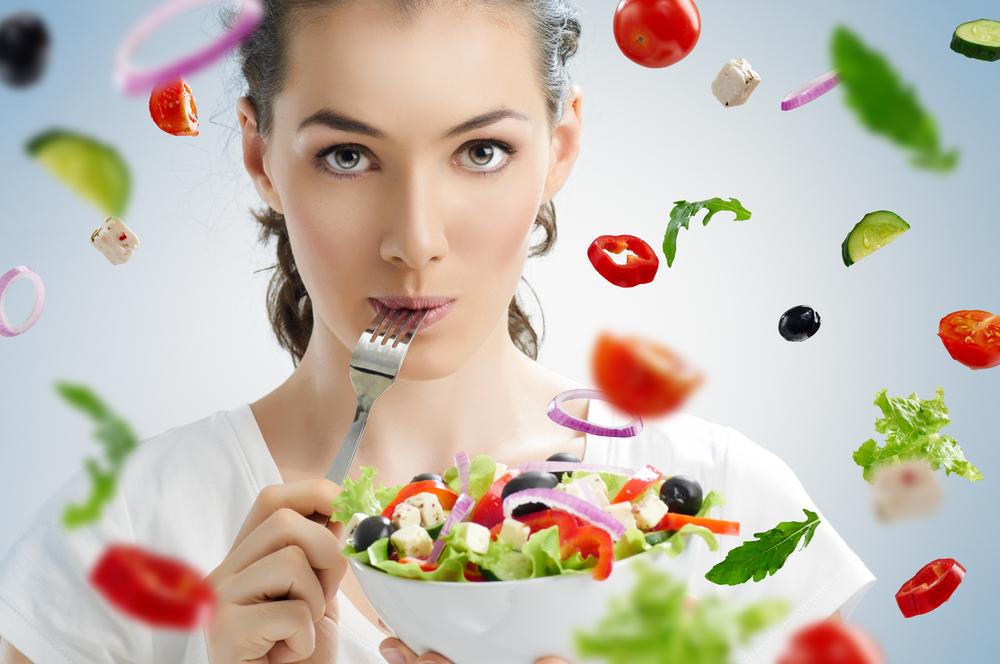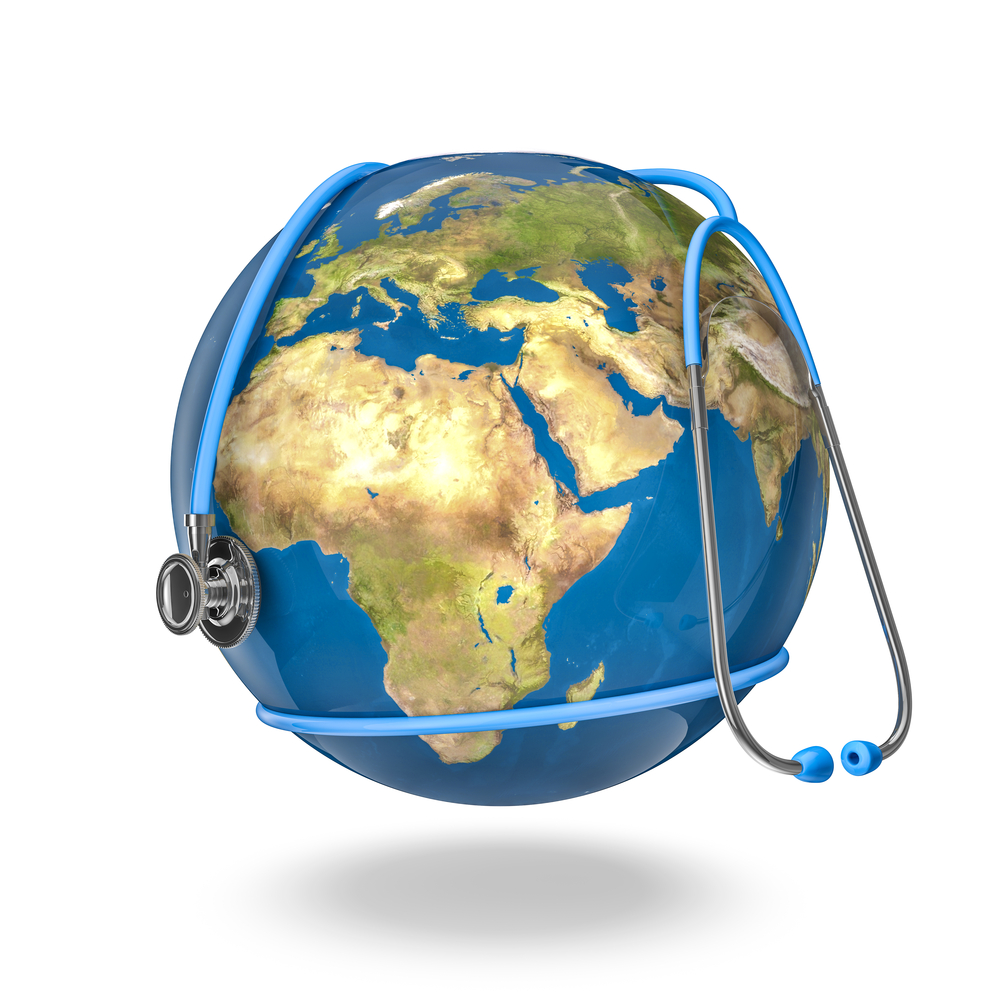Why The Earth Would Be Healthier If We Were Healthier

What we choose to eat often seems like a superfluous decision, when in reality it is a choice that has consequences not only for the health of our bodies but also the health of our planet. The consumer choices of each and every human being on planet earth affect what farmers grow and how corporations and the markets price food, all of which determining how the earth is used (and abused) in the name of sustenance.
So if we want to make yourself and the planet healthier, then we need to start making different diet decision. Luckily for us, what is good for our bodies is often what is best for the planet too. With that in mind, here are just some of the ways you can get fit and healthy yourself while also keeping the planet in good shape too.

Too much red meat can contribute to heart disease, cholesterol and all manner of other health issues, but it is also probably the single foremost damager of our environment. Cows, pigs and cattle need room to graze and food to eat, and providing all of this has a monstrous effect of out environment. Is it thought that 51% of greenhouse gas emissions worldwide are related to our consumption of meat, which is more than all of the damage causes by cars, planes and trains put together.
With those statistics in mind, perhaps the single biggest thing every living person could do for the environment (and their health) right now is to become a vegetarian—it would reduce greenhouse gas emissions, save animal habitats and also provide a generally quite healthy diet. If going vegetarian is too much of a change for you, then there are smaller steps you can take: simply eating less meat is one, and eating locally sourced meat is another. Our appetite for meat actually has a massive effect on the price of crops (since farmed animals need to eat too). If the demand for meat dropped, so too would the demand for grains—which would probably make grainers cheaper for human consumers.
It is not just CO2 emissions that we should be worried about: in the US, farming related to livestock uses over half of the US water supply, and much deforestation in the Amazon is related to farmers clearing trees to create pastures for animals destined to become hamburgers. If the choice is between the beautiful biodiversity of the rainforests that could hold untold medical wonders and a Big Mac, then don’t choose a Big Mac.
In the developed world, we simply eat more than we need—and it is causing an almost insurmountable health crisis. Obesity levels have risen obscenely in the last half decade, contributing to related rises in early deaths from heart disease and type 2 diabetes. But it is not just overconsumption that is a problem: so too is waste. According to the UNEP, rich countries waste as much food each year as is produced in all of sub-Saharan Africa—with a third of all food produced worldwide being wasted. This places a massive burden on the environment and also leads to artificially high food prices. We also need to think about where we use our food: related to the point about meat, we would be able to feed the world’s hungry nearly 3 times over if we redirected the grain used to feed cattle to those humans in need. With all this in mind, one thing you can do as a consumer is to eat less and waste less. If you only eat as much as you need and buy no more, you can reduce waste with your actions.

We all know the obesity is bad for our bodies, but have you ever thought about how obesity hurts the very earth we walk on? With higher consumptive metabolisms and higher consumption and energy needs, obese people quite literally use up more of the earth’s resources because of their size. It is not just in terms of the extra food obese people need to eat, but also in smaller penalties like the extra gas that a car weighed down by an obese person will used as compared to one driven by a person of healthy weight. While there are other factors that contribute more to environmental damage, is it definitely something to bear in mind. Every time you step on some fitness equipment or go for a jog, remind yourself that exercising is actually helping both yourself and everyone else who lives on planet earth.
Every time you open a package meal, try think about every piece of material, every drop of water and every watt of electricity that went into making it. From the creation of the packaging to the water and electricity used in processing the food itself, processed food simply by its nature uses up more energy and has a larger carbon footprint. The bonus is that processed foods tend to be full of salt, sugar and unhealthy fats—making them terrible for our bodies too. Even ‘healthy’ processed foods can fall foul. Studies have actually shown that the environment benefits of becoming a vegetarian for example can be cancelled out if one eats a large amount of tofu, a processed food that requires a lot of energy to produce. So always think about the unintended consequences of your actions, and ensure that by eating healthy and making ethical choices you are actually having the effect you intended.
All in all, healthy eating is largely analogous to a healthy earth, so why not work to make sure that you are making choices that are both green and healthy (as there is so much overlap). Educate yourself and others, and try ensure that you use your individual powers as a consumer for the forces of good—and get fit and healthy while you are at it!
